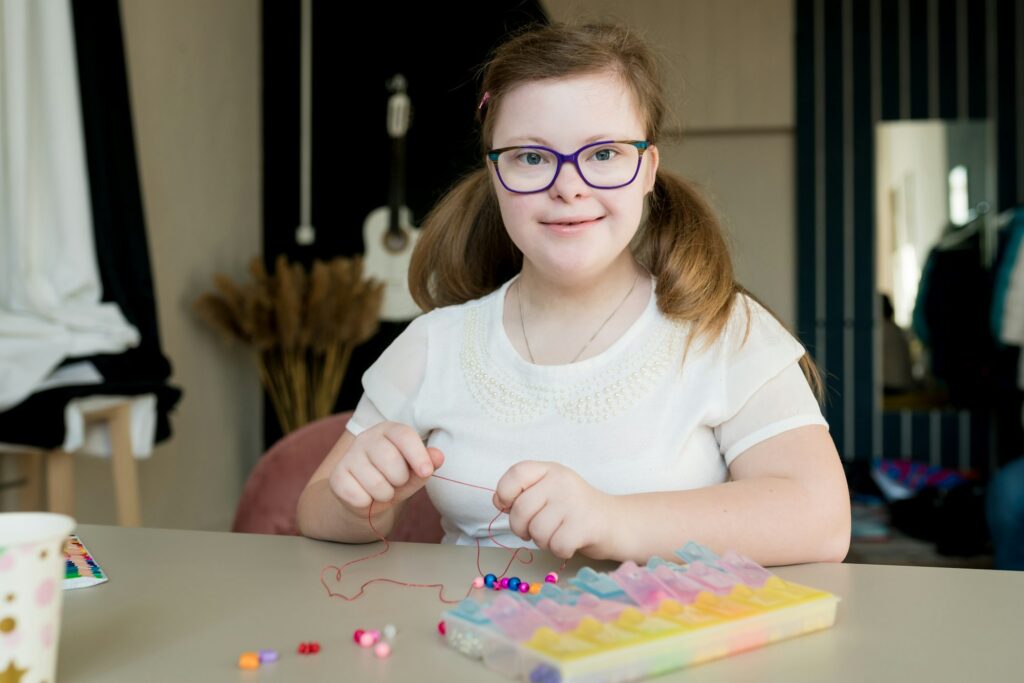
Do you think your child could benefit from outpatient pediatric rehabilitation? If so, now may be the ideal time to take action. Early intervention can have a significant positive effect on your child’s overall well-being. By seeking treatment early, you can help prevent potential complications and support the best possible outcomes for your child.
Children’s health needs should not be ignored. In many cases, professional treatment is necessary for recovery. Studies show that in the United States, approximately 15% to 20% of children with special health needs require rehabilitation. These children often need help managing developmental disabilities, physical injuries and other conditions. Learning about the benefits of early intervention can help you make informed care decisions.
Advantages of early childhood intervention in pediatric rehabilitation
- Improved motor skills — Motor skills are skills that involve intentional physical motions. These skills need coordination between many parts of the body. The brain, nerves and muscles all play a role. Basic motor skills include standing, walking and jumping. As children develop, they tend to gain more complex motor skills; however, medical conditions sometimes hinder a child’s motor skill development. If your child has a disability, it may affect their ability to develop fine motor skills. This is especially common with conditions like muscular dystrophy. With early intervention, your child can start improving as soon as possible. This can limit the impact their condition has on their childhood development. Treatment approaches like physical therapy are beneficial for training motor skills. A licensed physical therapist can help your child enhance their strength and coordination. Depending on your child’s needs, PT may play a central role in their rehabilitation.
- Better communication — Is your child struggling with language skills? Early professional intervention can help. With the right treatments, your child can stay on pace with their language skill development. Speech therapy is one common technique for building language skills. For children with severe speech impairments, treatment may use other forms of communication. Assistive technology (AT) can be especially helpful for children with limited speech capabilities. An excellent option is our Adaptive Computer and Communication Technology (ACCT) program. ACCT can provide helpful alternative ways for your child to interact with computers. Digital assistive technology can be helpful as well, offering ways for your child to communicate without speech. Treatment may also involve teaching your family sign language. The most effective methods will depend on your child’s condition and current skills. A comprehensive initial assessment can help determine the best way to move forward.
- Increased independence — Pediatric rehabilitation can provide your child with essential self-care skills. Treatment often involves practicing skills like dressing and eating independently. Increased independence for your child can have many benefits. In addition to empowering your child, it can reduce your own responsibilities. Greater independence can also instill confidence in your child. This can, in turn, improve their mental and emotional well-being.
- Complication prevention — Left untreated, health problems in children can worsen over time. Your child might experience more serious symptoms. They may also develop new complications due to an underlying condition. Developmental disabilities often lead to mental and emotional secondary conditions. One example is a condition that involves persistent pain. If your child’s disability causes chronic pain, it could affect their mental health. Getting help early is crucial for making your child feel better instead of worse. In pediatric rehabilitation, care providers use a range of specialized detection techniques. These can help identify conditions before they start to cause serious symptoms. Proactive treatment is meant to help your child stay healthy and avoid complications.
- Comprehensive support — Pediatric conditions affect every child in different ways. Your child might need extra help in many aspects of their life. As such, pediatric rehabilitation services should be designed to provide comprehensive support. A good rehabilitation program will help meet your child’s physical and mental needs. A team of specialists will work together to provide coordinated care. Specialized services may range from summer programs to outpatient therapy. With an array of programs, a good provider will work to meet all your child’s treatment needs.
- Strong foundation — Early intervention can lay a strong foundation for future success. Children who receive timely treatment may be more likely to reach critical developmental milestones. This can also help them make ongoing progress. The benefits of early rehabilitation can extend far beyond childhood. By honing your child’s fundamental skills, pediatric rehabilitation can set them up for a lifetime of achievement.
Ability KC offers effective pediatric rehabilitation programs
Are you looking for a quality rehabilitation program for your child? Ability KC has been providing innovative care since 1947. With over 75 years of experience, we’re committed to helping your child receive the support they need, when they need it.
Contact our team today for more information or to schedule an initial evaluation.